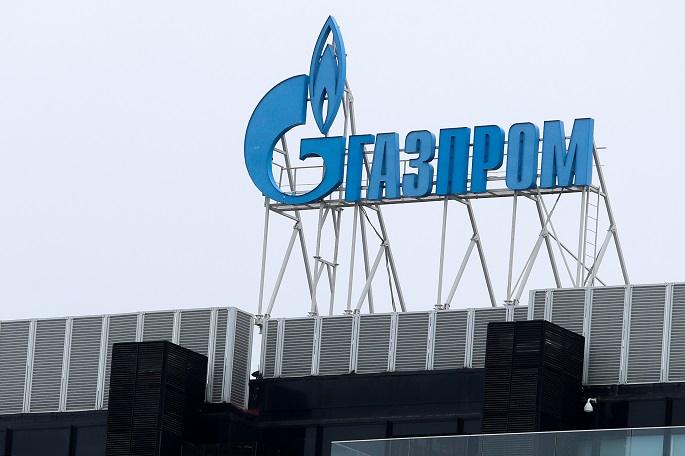Ukraine reduces gas transit towards Europe due to war
Published : 12 May 2022, 00:18
The flow of gas towards Europe via Ukraine was lower on Wednesday after Kiev partially halted the transit of gas through Luhansk, one of the eastern regions targeted most heavily by Russia since its invasion, reported dpa.
It is not clear to what extent the reduced flow, confirmed by Ukrainian gas network operator OGTSU and Russia's state energy firm Gazprom, will affect the amount of gas actually reaching other European countries.
Ukraine had announced the step in advance, as Russia continues to bombard the country in a war that began in February.
Russia's occupation of the region made it impossible to access a node at Sokhranovka and the Novopskov compressor station. The operator described this as a case of "force majeure."
Gazprom however said it had not received "any confirmation of force majeure circumstances," and said Ukrainians had been working "at Sokhranovka without disturbance in recent weeks.
The only gas being accepted by Ukraine was gas arriving through the Soyuz pipeline through a terminal on Russian territory, operator OGTSU's data showed on Wednesday morning.
The data showed that 72 million cubic metres of Russian gas are due to transit through Ukraine on Wednesday, down from the level of more than 88 million cubic metres the previous day.
It was unclear whether other routes could be used instead to transport the gas, but Gazprom said that it would meet all of its obligations to European customers.
Ukraine derives transit fees from allowing Russian gas through its territory, although Russian gas mainly reaches Europe through the Nord Stream 1 Baltic Sea pipeline.
Ukraine has repeatedly called for tougher measures against Moscow since the war began, but gas supplies are a concern for many European countries, who seek to punish Russia economically but lack an alternative to the gas that Russia supplies.
Such fears run particularly high in Germany, although Berlin is reducing its heavy dependence on Russian energy sources as rapidly as possible.
On Wednesday, Germany was not seeing any bottlenecks, an Economy Ministry spokesperson told dpa. "Security of supply in Germany is currently still guaranteed," the spokesperson said.
Berlin is watching the situation closely, she said.
After noting the announcements, head of industry association Zukunft Gas Timm Kehler said he would monitor "how the load flows actually develop. Only then can we assess possible effects."
While the weather is growing warmer in Germany, reducing people's concerns about heating their homes, Berlin seeks to ensure that gas storage facilities are filled for the coming winter.
Germany recently introduced a new law setting out the minimum amount of gas that is needed by certain dates, requiring storage be 80% full by October 1 each year, 90% on November 1 and 40% on February 1.


